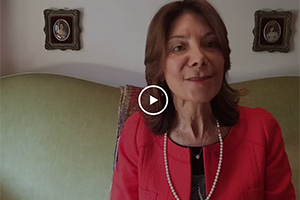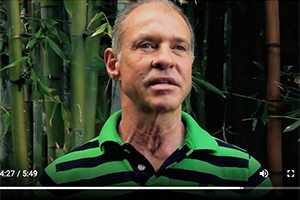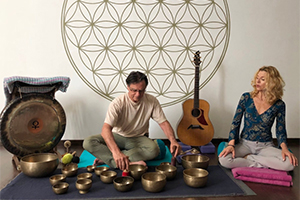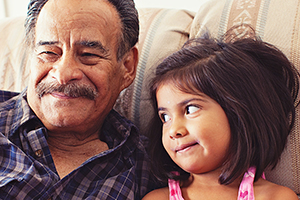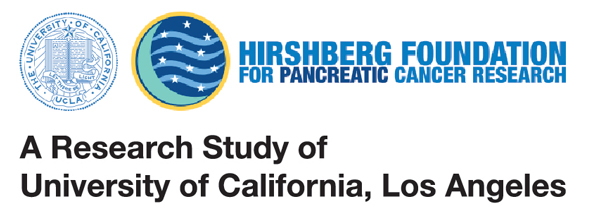By Wendy Hammers
As part of our Patient & Family Webinars series, Wendy Hammers shared her 10 tenets that supported her throughout her treatment and continue to guide her as a 5-year pancreatic cancer survivor.
1. Adopting a Wellness Stance
Assume health. Decide you are getting better. You do not have to assume the worst. Assume the best. In the words of Dr. Christy Funk, “You are a survivor from the moment you get diagnosed, because you didn’t die.” Surround yourself with people, places and things that believe in your positive outcome. Create your wellness bubble and block CNN, the “constant negative news.” There is nothing to be gained by thinking the worst. It is amazing how optimism can literally affect your outcome.
2. Fierce Listening
Listen! With your whole heart, to the still, small voice inside, to the gut feelings. Listen to your team. Listen to your compassionate tribe. And listen to yourself, above all. If your doctor does not feel right, or makes you feel more sick, or doesn’t support your wellness stance, there are others – make your healthcare team work for you. Listen to your body, if you think a purple crystal will help, try it!
3. Radical Self Compassion
Decide to love yourself. Love every single part of yourself. Extreme kindness helped save my life, it can work for you too. Be compassionate to yourself as you go through treatment and the different ways it will change your body & what you are able to do.
4. Learning to Receive
Let others help you heal. Now is not the time to go it alone, you do not need to be a hero. You need support, and people want to support you. Learn to receive help and you set up a boomerang health cycle. Accept help. Once you are well, you’ll be able to pay it forward.
5. Stillness as a Spiritual Practice
“Don’t just do something, sit there.” – Sylvia Boorstein.
Cancer will slow you down, take that as a good thing.
6. Serious Sense of Humor
Loopy Loopenstein is my alter ego, the me on drugs from the hospital. I decided to find the joy and humor in things. People will do weird and unhelpful things, laugh it off, it is the only way.
7. Cultivating a Kick ass Community
Build your Recovery Tribe. Healing is a family affair. There are people who want to support you and help you, find them and surround yourself with them.
8. Taking a Day off from Cancer
Because everyone needs a day off, even cancer patients. Find something, a day, a concert, something where you can decide to exist as someone without cancer. This might also be deciding that you want to help others. Small acts of kindness for others go a long way in lifting spirits and feeling like you are contributing.
9. Woo Woo Woo
My deep dive into alternate healing modalities to supplement my traditional treatment. Supplements, feng shui, sound baths, writing workshops, crystals. I started thinking of it as a project I was doing, a project to get well. I tried all sorts of things that made sense to me, and then when people suggested ridiculous things, I listened deeply and decided if it felt right for me.
10. Life Beyond the Project
“Tell me – what is it that you plan to do with your one wild and precious life?” – Mary Oliver
I spent a lot of time thinking about what my life would look like on the other side of cancer. I spent so much time thinking about my really cool life, I didn’t have time to be scared.
Additional Resources:
Want to speak directly to Wendy? Reach out here: wendyhammers.com
